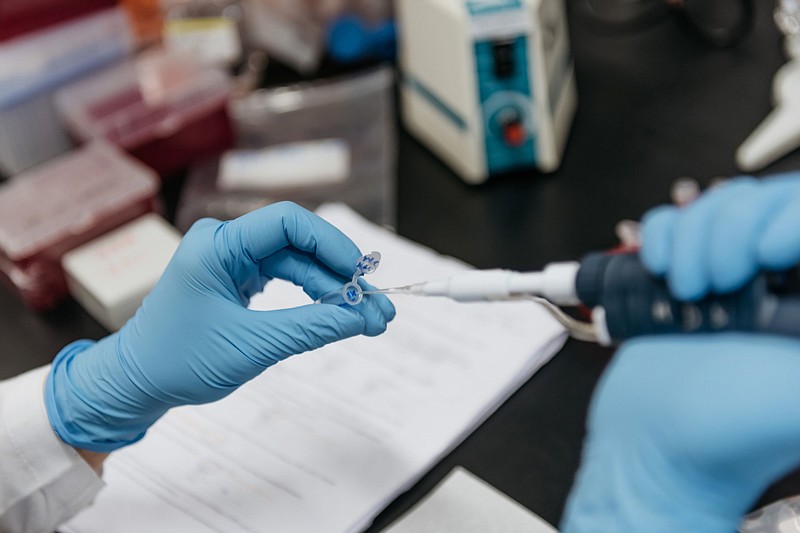Pfizer is purchasing cancer-drug maker Seagen for $43 billion, including company debt, using the biggest deal of the year to set its course out of the pandemic and back into mainstream pharma.
Pfizer will pay $229 a share in cash for Bothell, Wash.-based Seagen, according to a statement Monday, about a third more than the drugmaker's closing share price Friday. It expects the deal to close late this year or early 2024.
The acquisition is by far the biggest takeover of this year, during which overall deal-making has been down by more than 50%, according to merger and acquisition data compiled by Bloomberg. It shows how Big Pharma still has the appetite and firepower for deals, even as the collapse of Silicon Valley Bank weighs on the short-term outlook for takeovers.
Other health-care deals Monday demonstrated the sector's resilience as French drugmaker Sanofi agreed to buy Provention Bio for $2.9 billion and Cinven offering to take Synlab private. CVS Health last month agreed to buy Oak Street Health for $10.6 billion, the second-biggest deal so far this year.
Seagen is a leader in developing a type of medicine called antibody-drug conjugates, or ADCs. These precision medicines deliver cancer-killing drugs so potent they might otherwise be too toxic to use. The delivery mechanism uses antibodies to deposit a strong concentration of drug directly at a tumor site, which may increase efficacy with fewer side effects. Seagen's portfolio will double Pfizer's pipeline of early-stage experimental cancer therapies, the company said.
Pfizer will be able to triple Seagen's commercial capabilities while significantly speeding up its process for concluding clinical trials, Chief Executive Officer Albert Bourla said in an interview with Bloomberg Television's David Westin.
Pfizer has been under pressure to show it can capitalize on its covid-19 windfall, after vaccine revenue almost doubled its sales in a single year. While the Seagen deal is smaller than some of Pfizer's megadeals of the past, it's a bid for an expanded platform in a field, oncology, that will be the industry's biggest growth market, Bourla said.
"We think this really changes dramatically the oncology presence of Pfizer and makes it one of a kind," Bourla said on a call with analysts. "We aren't acquiring the golden eggs, we are buying the goose that lays the golden eggs."
The acquisition caps months of takeover speculation for Seagen after Merck targeted the company last year. Talks with Merck stalled over price, according to people familiar with the matter. Suitors saw the potential for a takeover after the resignation of Seagen's co-founder and former chief executive officer, Clay Siegall, who had opposed a sale, people familiar with the matter have said.
"This development adds a potentially closing chapter to the events over the last year," Gregory Renza, a New York-based analyst with RBC Capital Markets, wrote in a note to investors. The premium Pfizer is paying validates Seagen's ADC platform, Renza said.
Pfizer expects to finance the purchase substantially through $31 billion of new, long-term debt, and the balance from a combination of short-term financing and existing cash, according to the statement. Seagen is expected to contribute more than $10 billion in risk-adjusted revenue by 2030. That would bring Pfizer to 80% of its target of $25 billion in revenue from acquisitions by 2030, Bourla said.
The Federal Trade Commission will likely conduct an in-depth review of the takeover for any potential antitrust concerns, which will take up to eight months, Bloomberg Intelligence analyst Jennifer Rie said.
"I anticipate very high scrutiny, but I anticipate zero problem," Bourla said in the interview. "You can't find a cleaner merger in terms of antitrust."
Information for this article was contributed by Dinesh Nair of Bloomberg News.
